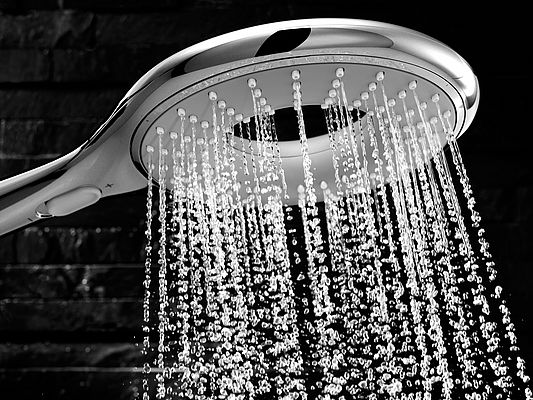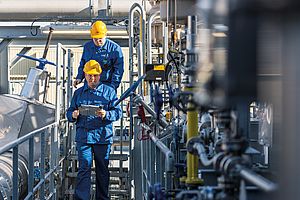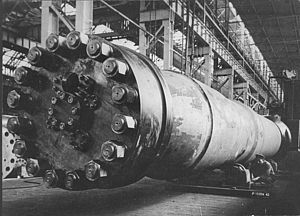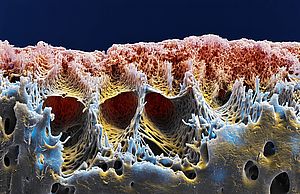BASF has now started offering a portfolio of engineering plastics specially designed for applications that come into contact with drinking water. The products from its Ultramid® (PA), Ultradur® (PBT) and Ultraform® (POM) lines that have been approved for drinking water will now bear the additional trade mark designation Aqua® in their names. Examples of this are Ultramid A3EG10 FC Aqua, Ultradur B4300G6 FC Aqua and Ultraform N2320 FC Aqua. The portfolio in the drinking water realm is complemented by the proven and high-temperature resistant polyaryl sulfones Ultrason® P3010 and Ultrason S3010. In addition to complying with the regulations for contact with drinking water, these plastics are also approved for food contact (FC) and are produced according to good manufacturing practices (GMP). The special requirements made of plastics that come into contact with drinking water include very low migration values, a high level of taste neutrality and confirmation that long-term contact with the plastic will not cause accelerated algae growth.
In Europe, the approval procedures for use with drinking water are regulated by the individual countries. These approvals are granted by institutes that are commissioned to carry out tests and issue certificates on the basis of the corresponding requirements. The relevant approval regulations include the Recommendations Pertaining to Plastics and Drinking Water (KTW) as well as the standards of the German Technical and Scientific Association for Gas and Water (DVGW) in Germany, the Water Regulations Advisory Scheme (WRAS) in Great Britain and the Certificate of Sanitation Conformity (ACS) in France. The plastics in the Aqua® portfolio have received all of the approvals according to KTW, DVGW and WRAS for cold-water applications, and many of them also for warm and hot water. Cold water flows through water meters and toilet flushing mechanisms, while warm water is by definition employed for showerheads and mixer faucets. Pipe fittings, for instance, are used in hot-water applications.
In addition to complying with the regulations for food contact, the products to be used in the drinking water sector have to display much lower migration values. This means that BASF’s Aqua plastics generally also meet the requirements for use in contact with food. With this approach, BASF has created one compact portfolio combining all of its engineering plastics that have received the strict approvals for products used in household and food applications.
In order to facilitate the approval of the finished components, BASF provides its customers with all of the requisite certificates for Germany and Great Britain. Should customers require approvals from the ACS, from the American National Sanitation Foundation (NSF) or from other institutes, BASF will assist through disclosure of the formulation to the respective institutes.
Moreover, BASF can test customer´s components made of the new group of plastics in its own flow laboratory. This is where water meters, pipe fittings and other parts that carry drinking water can be tested for their long-term resistance against chlorinated water at various temperatures, pressures, pH values and flow rates over the course of thousands of hours. The flow tests can be followed by burst pressure tests or other customer-specific examinations.





















